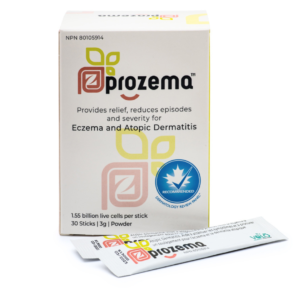
Gut Check Exploring Your Microbiome
Gut Check Exploring Your Microbiome
The phrase gut check often means pausing to evaluate a situation or decision. In health, a gut check takes on new meaning: looking closely at your digestive system and the trillions of microbes that live there. Today, “gutcheck” is also about paying attention to the signals your body gives you and understanding the science of the gut microbiome.
The Gut Microbiome and Why It Matters
Your gut microbiome is a complex community of bacteria, fungi, and other microorganisms. These microbes help break down food, produce vitamins, and train your immune system. A balanced microbiome supports overall health, while disruptions may lead to digestive issues, allergies, or even mood changes.
Signs You Might Need a Gut Check
When your gut is out of balance, your body may send some warning signs. Common indicators include bloating, irregular bowel habits, unexplained fatigue, and frequent stomach discomfort. A “gutcheck” can help you reflect on these symptoms and seek better strategies for care.
Gut Health and Skin Health: The Gut–Skin Connection
The digestive system isn’t the only part of your body affected by your gut. Research shows that gut health is also closely tied to skin health. Conditions such as acne, eczema, and rosacea can be linked to imbalances in the gut microbiome. A gut check exploring your microbiome may reveal underlying causes of skin flare-ups.

How to Improve Gut Health Naturally
Improving gut health starts with small, consistent choices:
- Eating a diverse diet rich in fiber
- Including fermented foods like yogurt and kefir
- Taking probiotics with beneficial strains
- Staying hydrated
- Managing stress and sleep
These steps can help create an environment where beneficial microbes thrive.
Lifestyle Habits That Support a Healthy Gut
Long-term habits also matter when it comes to maintaining a healthy gut. Avoiding overuse of antibiotics, exercising regularly, and reducing processed foods all contribute to a healthier gut. Doing a personal “gutcheck” from time to time can help keep your lifestyle aligned with your overall wellness.
You can even use trackers to see how your habits are affecting your gut and overall health.
ProZema: Targeted Probiotic Support for Gut and Skin Health
For those dealing with gut and skin issues, specialized probiotics like ProZema offer targeted support. ProZema, for instance, has a clinically proven probiotic blend that helps reduce the symptoms of eczema and atopic dermatitis. By focusing on restoring balance in the gut microbiome, probiotics work to help ease skin-related symptoms, often providing a dual benefit.

When to See a Doctor About Gut Issues
If your gut, mood, or skin issues are frequent, painful, or disrupt your daily life, it’s time to seek medical advice. Speak to your doctor about your gut and its microbiome. A doctor can help identify whether any of your issues are related to your microbiome or another condition.
Conclusion: Take Your Own Gut Check
A “gut check” means evaluating both your choices and your gut health. Your gut microbiome is made up of trillions of microbes and it plays a vital role in digestion, immunity, and even mood. When it’s unbalanced, you may experience bloating, fatigue, or skin issues like acne and eczema. Improving gut health naturally involves eating fiber-rich foods, adding probiotics and fermented foods, staying hydrated, and managing stress. Long-term habits like avoiding excessive antibiotics and processed foods also help.
References
University of Colorado: Gut Check: Exploring Your Microbiome
